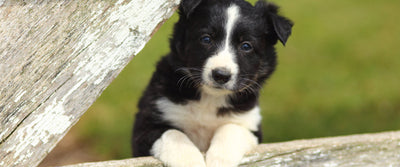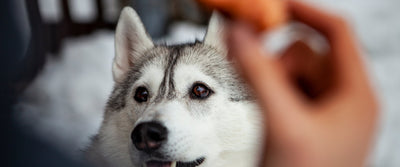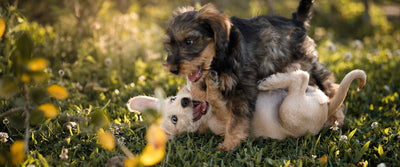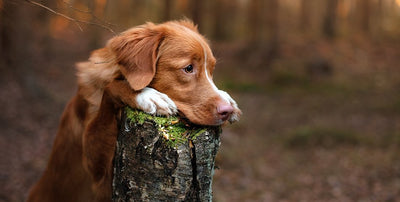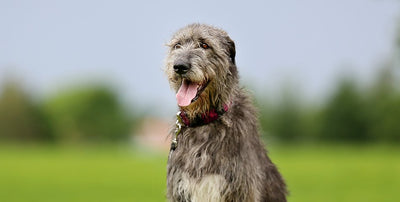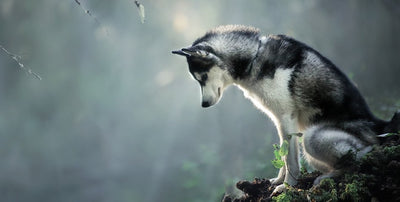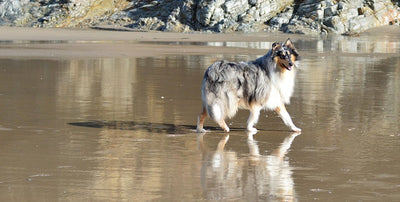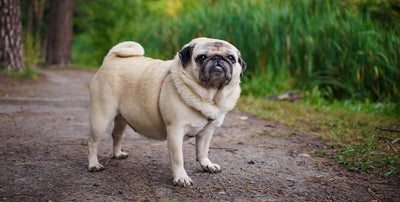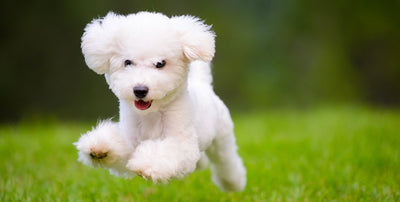Loves playing in water.
 Country of origin: Country of origin: |
Great Britain |
|
|
Group VIII, Section 2, Retrievers; |
|
|
Affectionate, Friendly, Playful, Trusting, Obedient, Quiet |
|
|
Black, Red, Golden, Chocolate, Burnt Black, Burnt Brown |
|
|
Female: 12–15 kg, Male: 13–16 kg |
|
|
Female: 36–41 cm, Male: 38–43 cm |
|
|
from 12 to 15 years |
Coker spaniel puppies
Although coker spaniel is a playful and sociable dog, he can be a bit stubborn and puppy training can pose a bit of a challenge. Be patient and don’t give up if at first, you won’t see any results. You have to be consistent but not strict when working with coker spaniel puppies. Spaniels have a strongly developed urge of pleasing the owner, which can really come in handy during training with spaniel puppies. Always remember to reward your dog for properly executed commands or exercises. Praise and pet your dog and don’t forget to offer a tasty snack as a reward. Bravo snacks is a wonderful treat for training, as you can easily break them into smaller pieces.
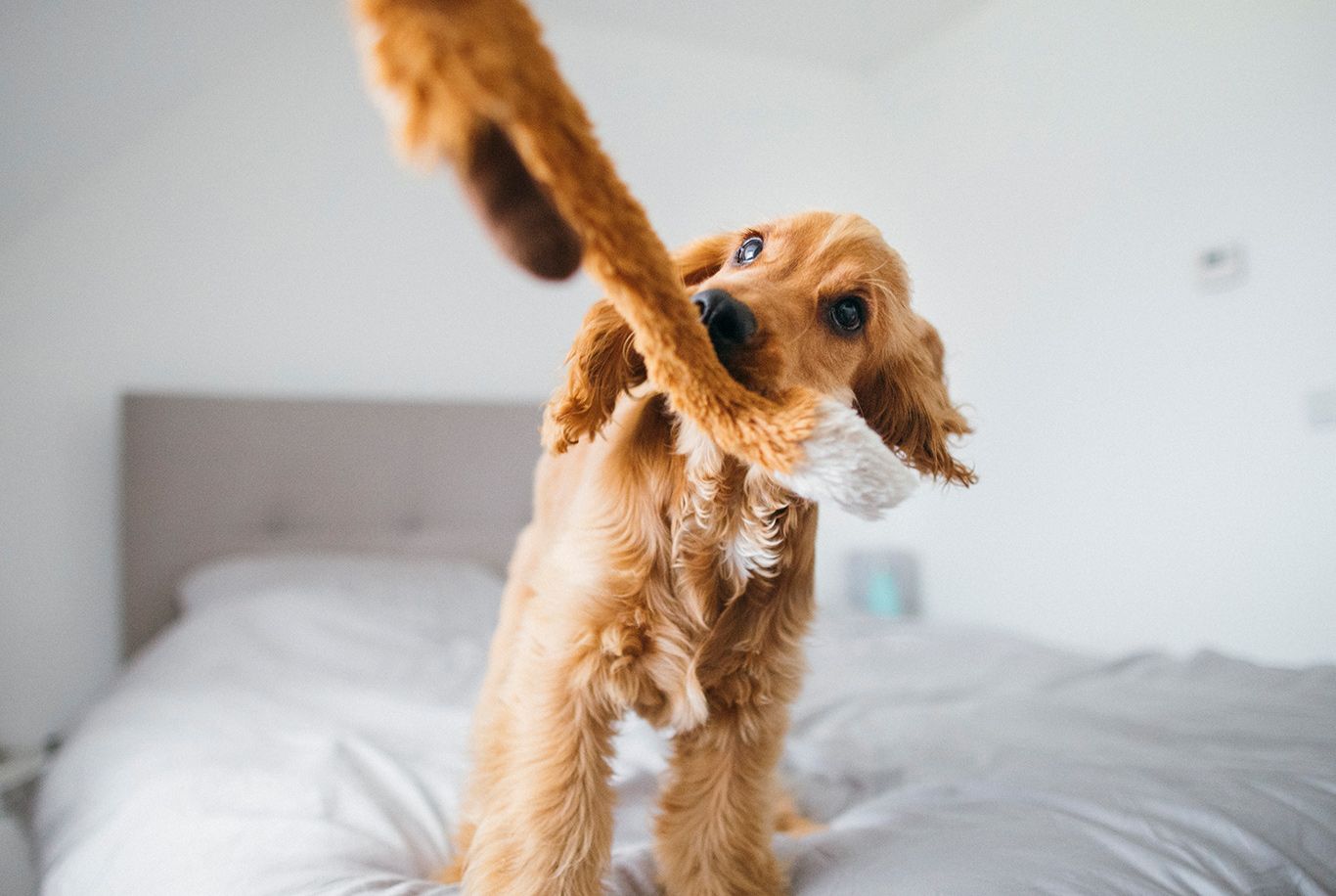
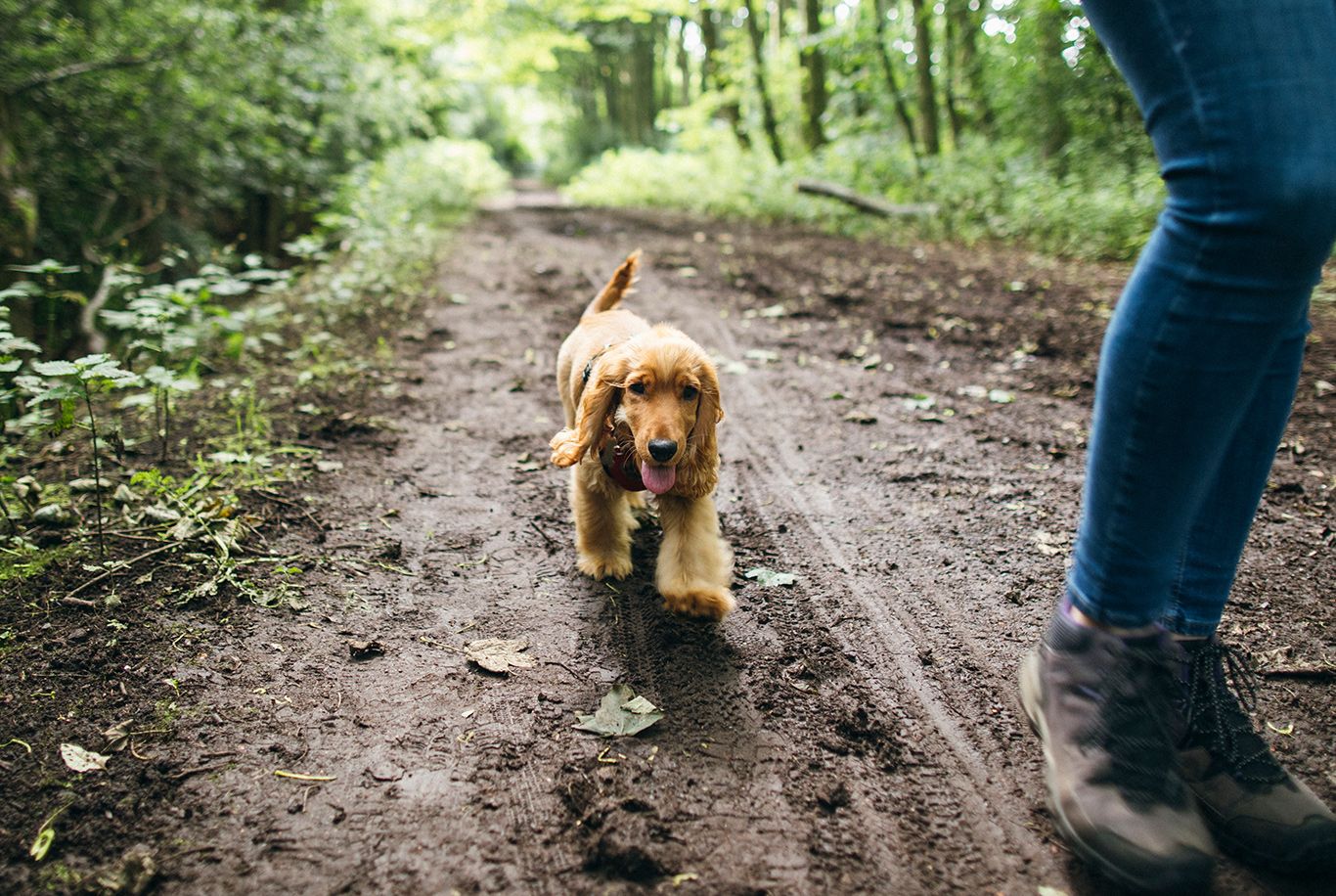
Coker spaniel nutrition
Coker Spaniel is a dog with a huge appetite, so choosing the right food shouldn’t be too big of an issue. Both dry and wet dog food will work just fine for a spaniel. Uncontrolled appetite in this dog breed can result in overweight and obesity, so monitor your dog’s food intake and don’t overfeed. Dog breeds known for their appetites should never be fed ad libitum. Feed your dog on a schedule, preferably two to three times a day. Split the recommended food portion into smaller meals and feed them on set hours. Don’t feed your dog in between regular meals, and if you’re giving your puppy any treats, pay attention to the ingredients list and the amount of snacks you give.
Detailed description of Coker spaniel
Coker spaniel is a breed of lively and fun dogs. Spaniels are a gentle dog breed that tends to form close relationships with their family. Dogs of this breed are rather active and intelligent so teaching them commands isn’t too big of a challenge.
Genesis
The ancient Greek philosopher, Xenophon of Athens was probably the first one to ever mention a spaniel type dog. By the end of the 16th-century spaniels became popular on the British Isles. That’s when the breeding program distinguished two different types of spaniels and divided them into field and water spaniels. As time went on, even more types have been distinguished. Spaniels were bred to hunt varying types of animals and work in all conditions. The black spaniel Obo born in 1879 is believed to be the progenitor of the cocker spaniel breed. The owner, James Farrow, registered Obo as a kennel name for his breeder’s program. In 1902 the cocker spaniel club was established and the same year the breed standard was created.
Appearance
Coker spaniel is a dog of a rather harmonious build. Coker spaniel is shaped very proportionately and they have a smooth and silky coat. Spaniels have heads with well-developed skulls and square muzzle topped with low-set and covered with long hair ears. Coker spaniel has full and round eyes, dark and usually corresponding with the colour of the coat. Dogs of this breed have strong and compact bodies, deep chest and straight, strong legs.
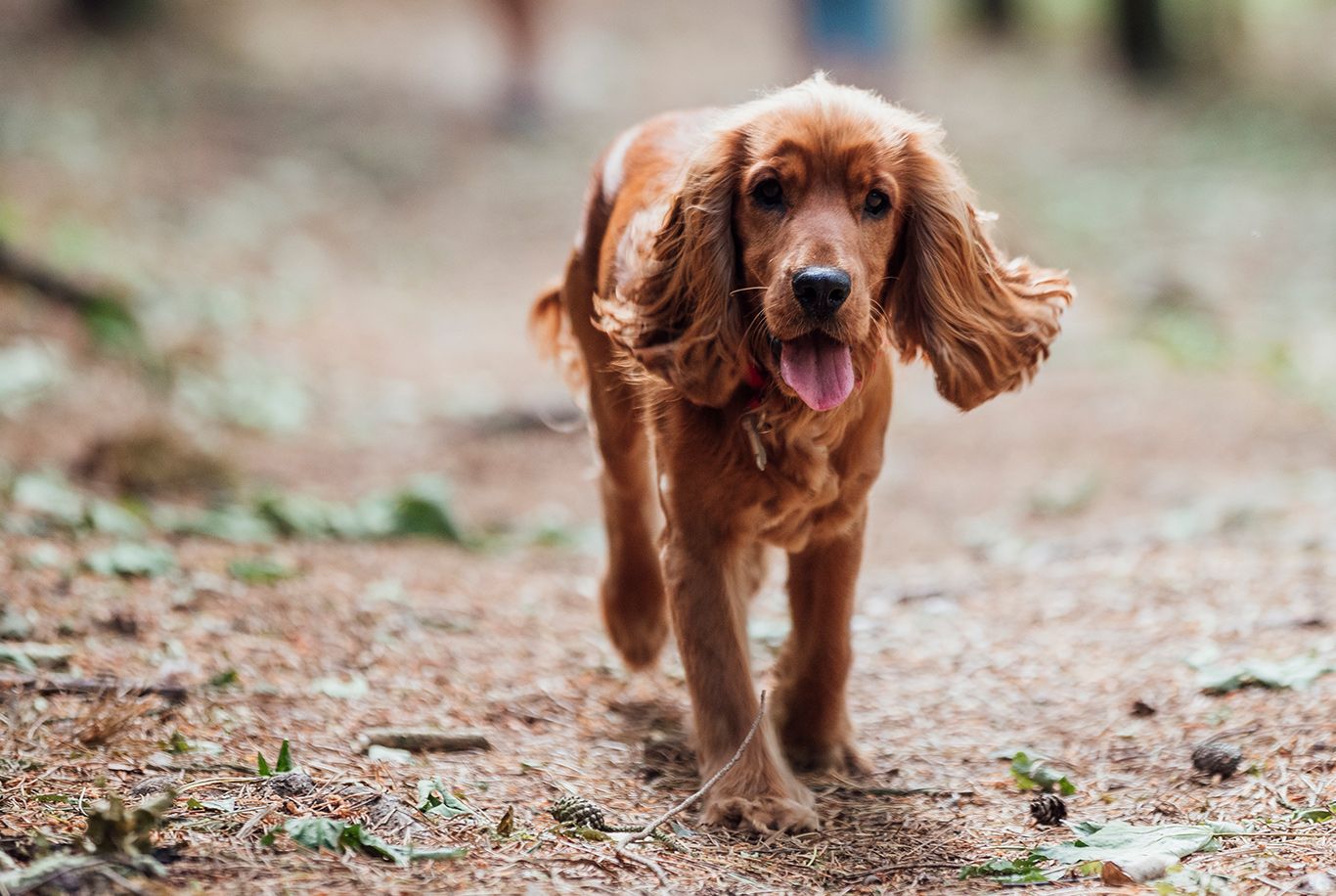
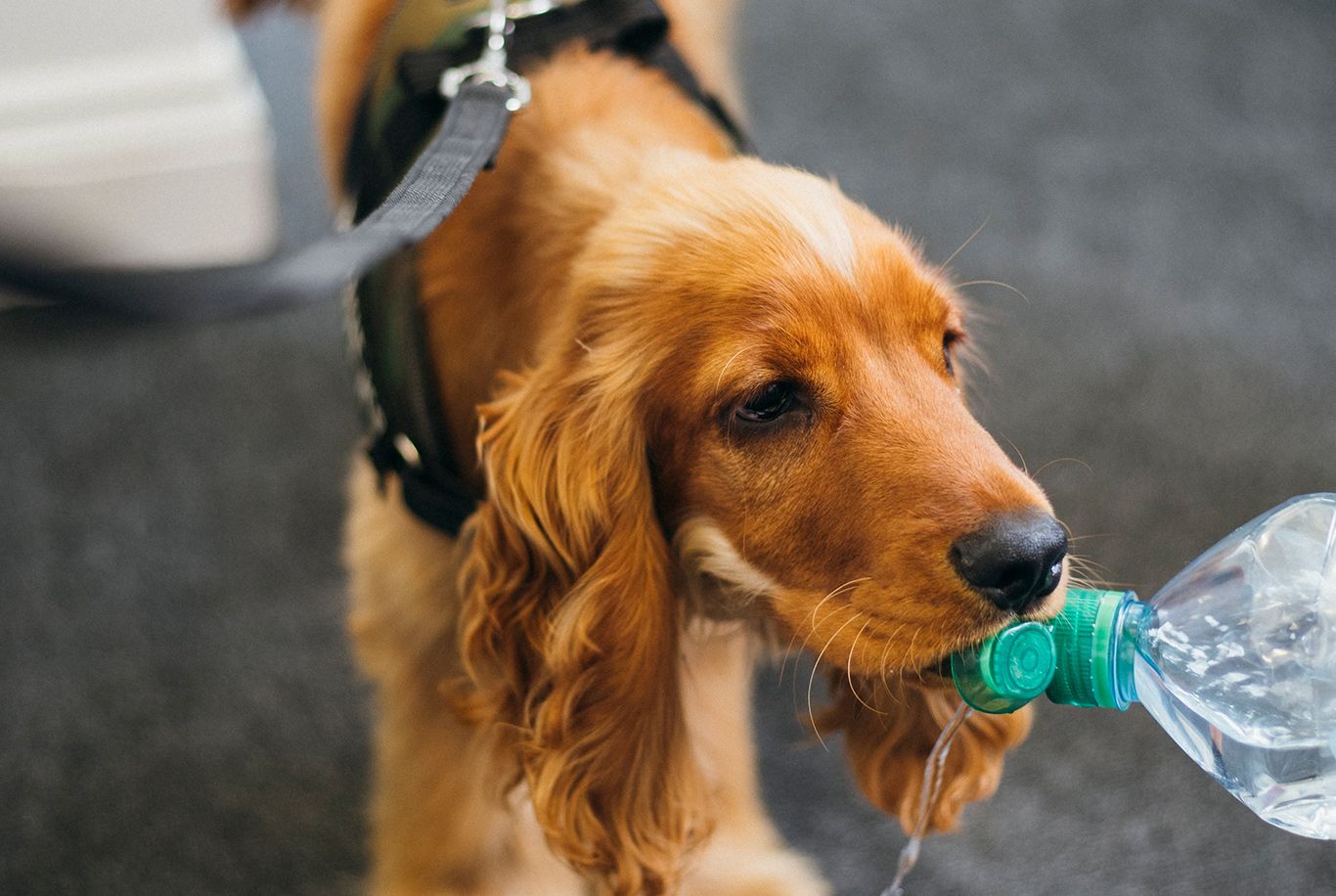
Behaviour
Coker spaniel is a breed of enthusiastic and energetic dogs. It’s a great companion for an active owner. Spaniels are curious, daring and love to play. Dogs of this breed are very sociable - they love to spend time in the company of their owners. They like to play with children, but they get along the best with older kids. They easily form bonds with other dogs and animals. Spaniels are perfect guard dogs, as they react to the tiniest of sounds. Coker spaniels can quickly adapt to new surroundings or routines, so they make great travel buddies.
Requirements
Spaniels love to swim and spend time in and around the water. Keep an eye on your dog when you’re in close proximity to any bodies of water, especially ones you’re still not familiar with. Remember to dry your dog’s ears after every swim or a bath - a warm and wet ear canal makes for a perfect environment for bacterial growth that can lead to infections.
Daily care
Coker spaniels are known for being heavy shedders during spring and autumn, and they usually require daily brushing. After shedding season you can go away with brushing your spaniel once a week. During brushing pay close attention to your dogs paws and armpits - these are the places where tangles form the quickest. Spaniels do require regular trimming and grooming.
Dr Anna Plummer
Vet and blogger


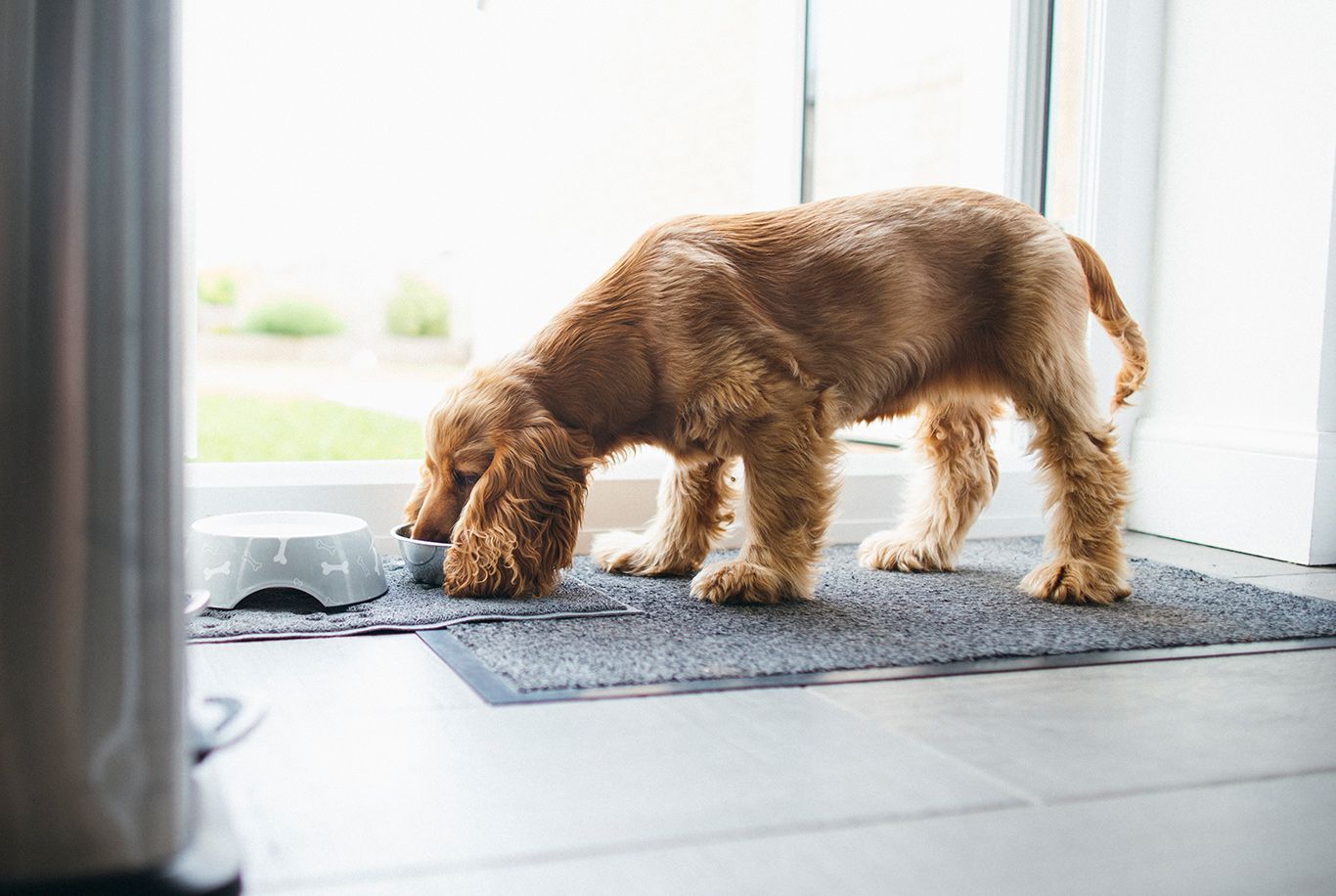
 FCI group:
FCI group: Temperament:
Temperament: Colors:
Colors: Weight:
Weight: Height:
Height: Life expectancy:
Life expectancy:
